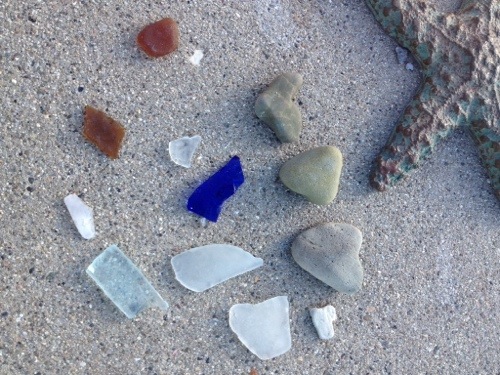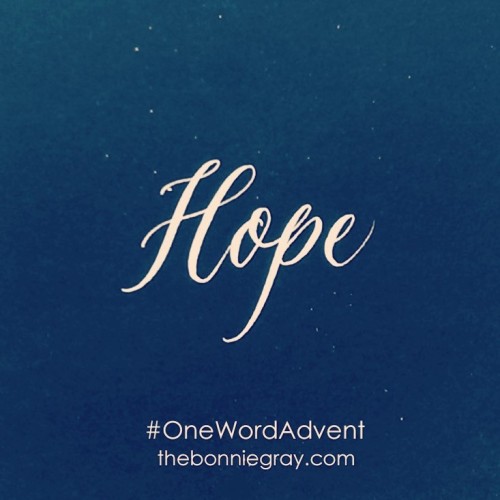The end of the year is coming up quickly, more quickly than the amount of time left to accomplish all the big ideas and projects I had in January. How about you? Do you look back over this year with a confidence in how you have stewarded time?
I do and I don’t. In many areas I have shown up for myself and done what I set about to do. But in all areas? No. I have not written as many words as I had committed to.
What has kept me from writing? Me. Plain and simple. I have dodged the discipline of writing for nearly 6 years since I first felt that perhaps God wanted me to write a book about grief. Grief isn’t a light and fluffy topic; not one that would draw you in unless…
Unless you or someone you know has experienced loss.
Wait. We ALL experience loss of one kind or another. We all grieve because so much in life comes up against the 2nd Law of Thermodynamics—everything toward entropy. Everything changes in this world. And not always for the better. And sometimes with change, we face loss. Who wants to lose something?
Change can be hard but it can also be good. If you’re anything like me (and you are because you’re human) then change is great when you’re in control of it. But if change is foisted upon you without your permission? Well that’s another thing entirely. Depending on the severity of the loss/change we can develop patterns of behavior in response to future loss/change. Sometimes those patterns hinder relationships—with family, with friends, with ourselves and with God.
I’m going to use the terms loss and change nearly interchangeably because in my life experiences even good changes have come with a loss; a letting go of one kind or another. With loss there is grief—even if we don’t acknowledge it. And really, that’s the purpose of my writing most of the time—to help us develop skills and embrace tools for dealing with loss/change of any magnitude so that we can come out healthy and whole on the other side.
Change comes in lots of flavors: annual — like birthdays & holidays; seasonal– like weather & vacations; vocational– like student to employee, or job to no job. You might look at these kinds of changes as simply ‘something to deal with’ and you’re right. But hang with me for a bit; HOW we deal with change is what this life is all about. Learning to have hope in the middle of change is a choice.
We all have choices when we face change. Not all our choices benefit us. I will go so far as to say that many of the debilitating diseases, addictions and even suicides stem from a series of choices in how we deal with change/ loss. And those choices lead away from hope. I believe if we have awareness of how change affects us and tools to face change/loss then we can develop healthy habits to grow through change/loss. Then we can face change with hope.
I have picked up a lot of sea glass over the years I’ve beach walked. I distinctly remember looking at the first piece I found while walking the beach on Catalina Island in 1977 and thinking “I wonder what this used to be?”
My mind started to wander over all the possibilities: a bottle? A window? A vase? Then I started to wonder how long it had been tumbling and over how many miles it had traveled. Most metaphors break down at some point in relating them to life but sea glass has been a metaphor that God has used to help me understand the benefit of brokenness in my life and I dare to say in the lives of others. Holding a broken piece of glass that has been tumbled and resurfaced through the tumbling makes me think of how God has worked in me through times of hard change.
I’m reminded of Paul’s letter to the church in Rome:
By entering through faith into what God has always wanted to do for us—set us right with him, make us fit for him—we have it all together with God because of our Master Jesus. And that’s not all: We throw open our doors to God and discover at the same moment that he has already thrown open his door to us. We find ourselves standing where we always hoped we might stand—out in the wide open spaces of God’s grace and glory, standing tall and shouting our praise.
3-5 There’s more to come: We continue to shout our praise even when we’re hemmed in with troubles, because we know how troubles can develop passionate patience in us, and how that patience in turn forges the tempered steel of virtue, keeping us alert for whatever God will do next. In alert expectancy such as this, we’re never left feeling shortchanged. Quite the contrary—we can’t round up enough containers to hold everything God generously pours into our lives through the Holy Spirit!
The words above are from the Message. In the Bible translation I read there is one word for the phrase “alert for whatever God will do next”. That word is Hope. I love this! When we are met with change/loss if we remember to “be alert to whatever God will do next” we are demonstrating Hope. In my translation it says: “and hope does not disappoint because the love of God has been poured out within our hearts through the Holy Spirit who was given to us.
We can learn to have hope when change and loss come our way. It is possible, because all things are possible to him who believes!
Need help with Hope? I’m linking up today with Faith Barista who is encouraging her Kindreds to share on Hope during this week of Advent. Click the link below and check out what others have shared about Hope.


The verse about hope NOT disappointing us….oh I needed to hear that again today. Great read! A lot of change has gone on with us this year, and we do have choices, don’t we. A choice to continue on in hope. Yes! And hope does not disappoint…….Amen
Yes Renee! Hope does NOT disappoint! Don’t we need to be reminded regularly? I know I do! Thanks for stopping by! Hope to “see” you again!
great post, my friend. i know that you know of which you speak and write and I’m encouraged – to trust God ,to know Him better, to be and do what He’s called me to be and do. love, sue I pray to “keep alert” to what He has in store. still scary at times.